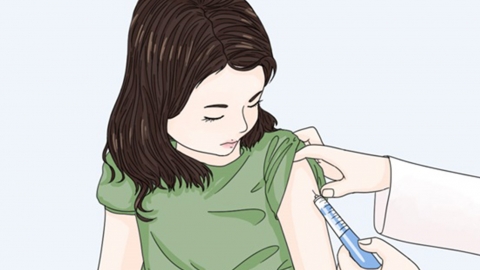How long can the second dose of the hepatitis B vaccine be postponed?
Under normal circumstances, the second dose of the hepatitis B vaccine is recommended to be administered on schedule. If necessary, it should generally not be postponed for more than one month, as prolonged delay may affect the effectiveness of antibody production. If there are concerns, it is advisable to seek medical consultation in advance. Detailed explanation is as follows:

If the vaccination is delayed due to short-term unexpected situations such as a mild cold or temporary travel, it is sufficient to make up the missed dose within one month without restarting the entire vaccination series. The third dose can still be administered according to the original schedule (five months after the second dose), and effective antibody production is usually unaffected.
If the delay exceeds one month, especially beyond two months, the immune memory induced by the first vaccine dose may weaken, reducing the antibody response efficiency after the second dose. In such cases, a physician may need to evaluate whether adjustments to the subsequent vaccination schedule are necessary, or, in extreme cases, whether the vaccination series needs to be restarted.
Administration of the hepatitis B vaccine should follow the recommended schedule as closely as possible. If a dose is postponed, it should be rescheduled promptly. Prior to rescheduling, consulting a physician to clarify the subsequent vaccination plan is advisable. After vaccination, adequate rest is recommended and strenuous exercise should be avoided. If severe redness and swelling at the injection site or fever and other discomforts occur, timely medical attention is necessary.






